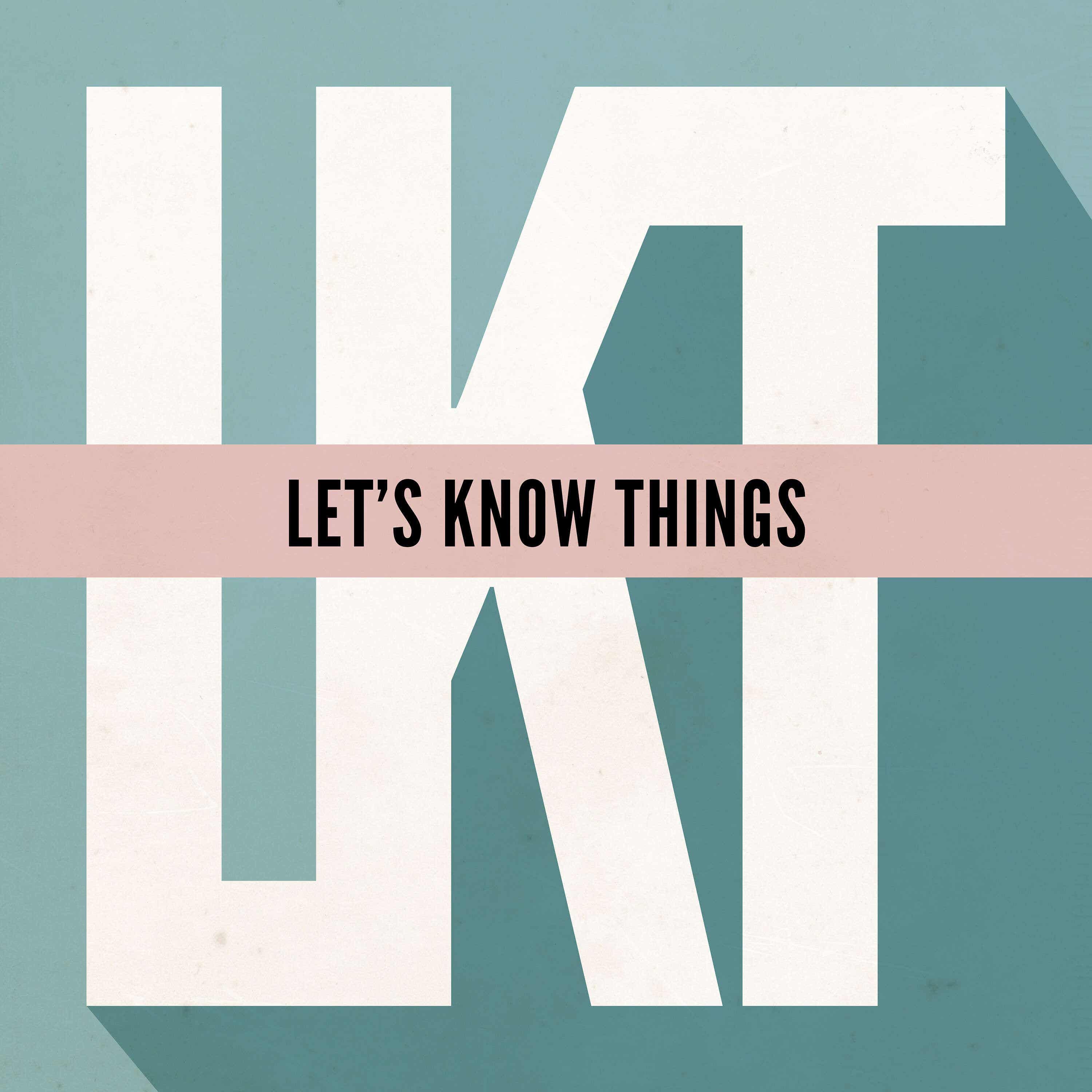Essequibo
Description
Note: I’m taking next week off for the new year and to work on my next book—this month’s More Things bonus episodes has thus been moved to this upcoming Thursday, and you’ll see the next LKT episode on January 2!
This week we talk about Venezuelan, Guyana, and the British.
We also discuss oil deposits, gold, and the Geneva Agreement.
Recommended Book: Your Brain on Art: How the Arts Transform Us by Susan Magsamen and Ivy Ross
Transcript
In 1581, Dutch colonists arrived in South America, setting up a colony along the northern coast—but that embryonic settlement, called Pomeroon, was wiped out about a decade and a half later by the British; and survivors from Pomeroon then founded a new settlement on the back of an existing but abondoned Portuguese fort, located on an island in the middle of a river, that was an offshoot of the major regional waterway, the Essequibo River—they took over this fort, and then eventually retook Pomeroon from the British, with the help of their allies, the French.
The specifics of all this conquering and reconquering aren't terribly important, though: what's important to know is that this settlement was located in a strategic area, globally, because it allowed Europeans to grow incredibly valuable crops, like sugarcane, in an region that was accessible to ocean-traversing vessels, and in a location that was an established crossroads for local trade, which made acquiring local resources a lot easier, and getting workers for these plantations at lot simpler, as well.
All of which has meant this region—like many other scattered throughout the world, but especially those with natural ports and located somewhere near the equator—was a somewhat tumultuous, violent place for a long while, in large part because all these Europeans kept popping in to kill and take and build and destroy existing buildings and to fight with each other, while also leaving a lot of dead locals and destroyed local infrastructure and ecosystems in their wake.
Following that initial period of back and forth, though, things calmed down a bit, and the Dutch fleshed out their holdings, vastly expanding the scope of their plantations, even to the point—and this was fairly controversial at the time—that they allowed English planters to join them from 1740, onward, which increased the scope of the plantations thereabouts still-further.
In February of 1781, some British privateers showed up, captured the main settlements, and then left, and in March of that same year two Royal Navy sloops arrived and did the same, conquering the area for the British Crown until the French showed up, beat the local British forces, and occupied the colony; though a peace deal back in Europe resulted in this colony being handed back to the Dutch in 1783.
In 1796 it was reoccupied by the British, the Dutch retook it, holding it from 1802 until 1803, then the British took it again during the Napoleonic Wars, and it became an official British territory in mid-1814.
That was the end of that second period of conflicts, as the big, violent rush to claim as much area as possible during the Age of Discovery was beginning to wane, there was a sort of peace, in some aspects of the word, at least, emerging between European powers, and many of these entities were finding they made more money by trading than by fighting with each other all the time.
That said, a more fundamental conflict remained in this area, as the Spanish held a neighboring territory, the border between that territory and this one held by the British typically delineated by the Essequibo river.
So the Spanish were busy with a series of colonial independence movements when the British rolled up this collection of plantations and habitations on the east side of the Essequibo river, and thus the Spanish didn't really have anything to say on the matter, despite at times having claimed portions of the territory the British were now claiming as their own.
And maybe partially because of
More Episodes
This week we talk about neural networks, AGI, and scaling laws.
We also discuss training data, user acquisition, and energy consumption.
Recommended Book: Through the Grapevine by Taylor N. Carlson
Transcript
Depending on whose numbers you use, and which industries and types of investment those...
Published 11/19/24
Published 11/19/24
This week we talk about the Double Reduction Policy, gaokao, and Chegg.
We also discuss GPTs, cheating, and disruption.
Recommended Book: Autocracy, Inc by Anne Applebaum
Transcript
In July of 2021, the Chinese government implemented a new education rule called the Double Reduction Policy.
This...
Published 11/12/24


